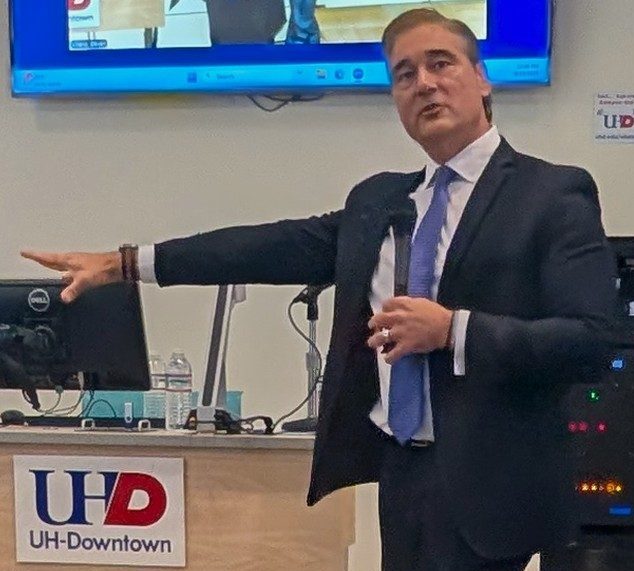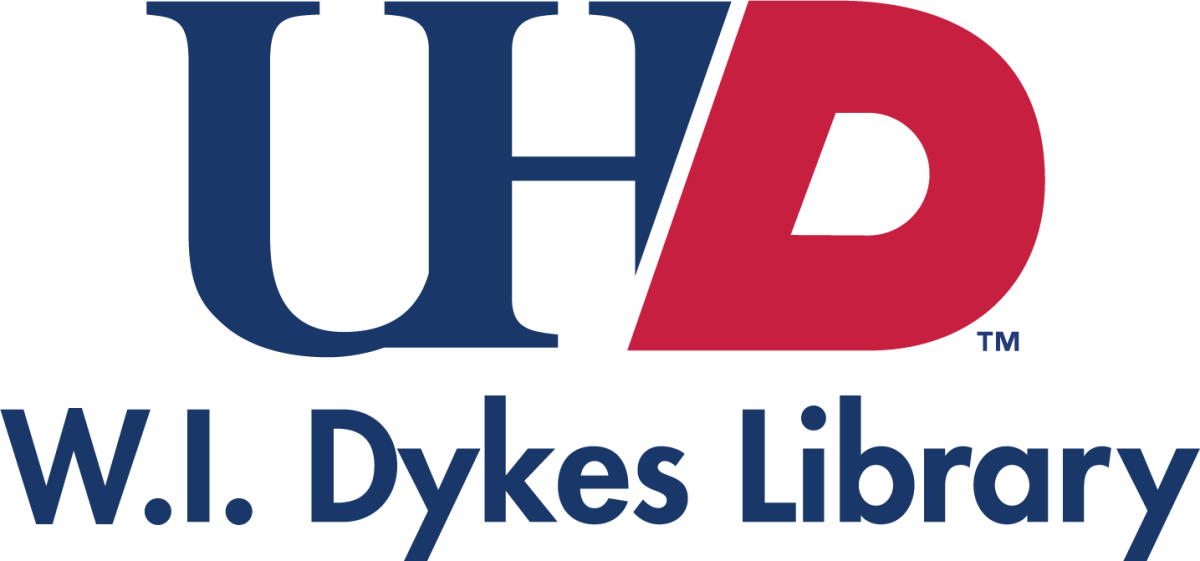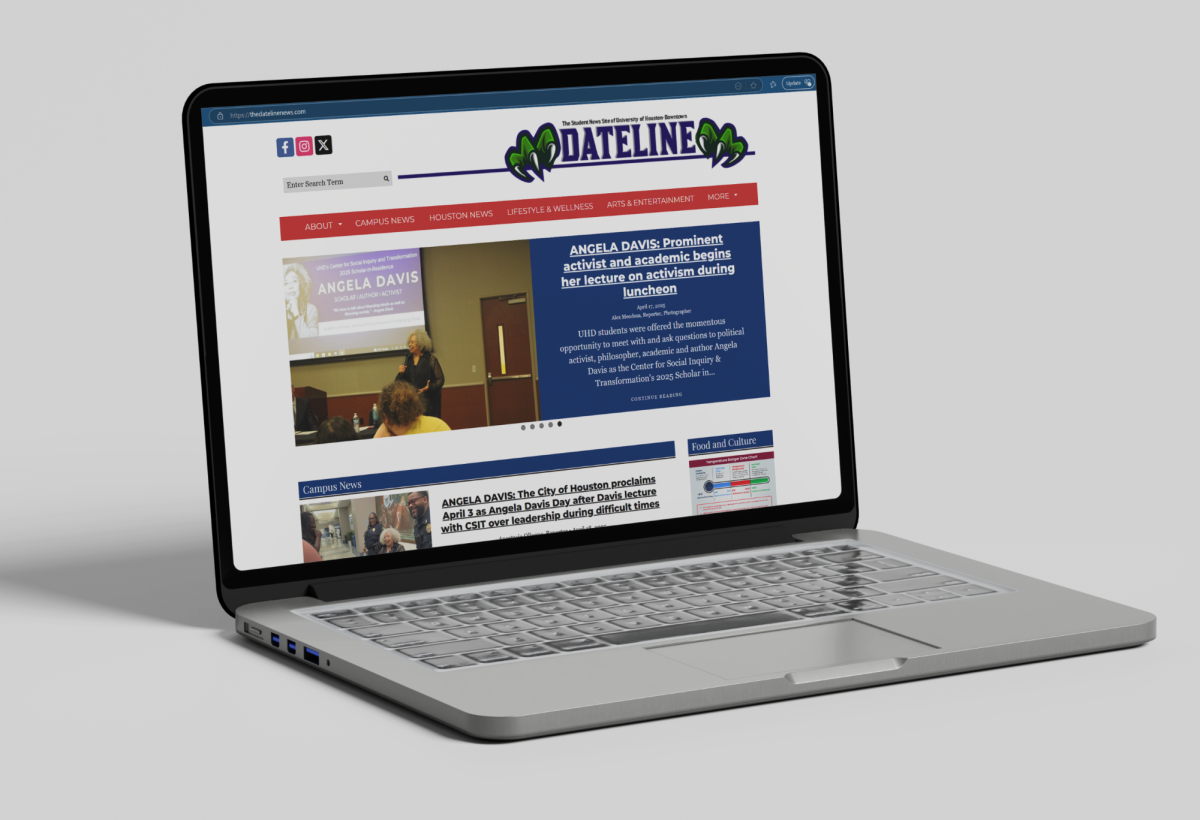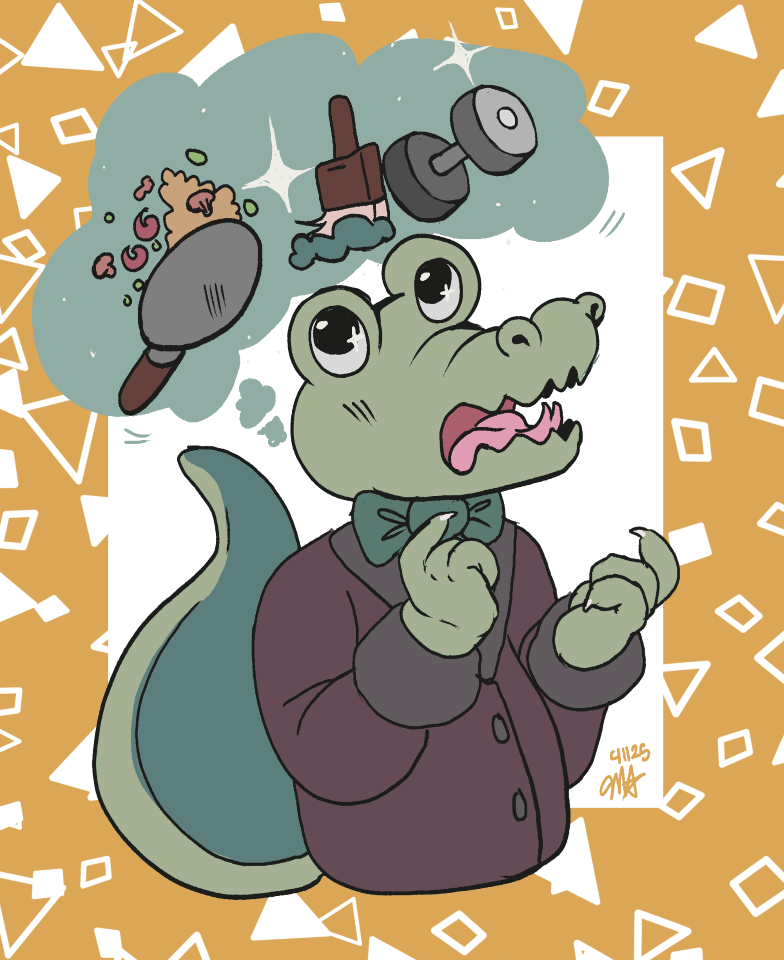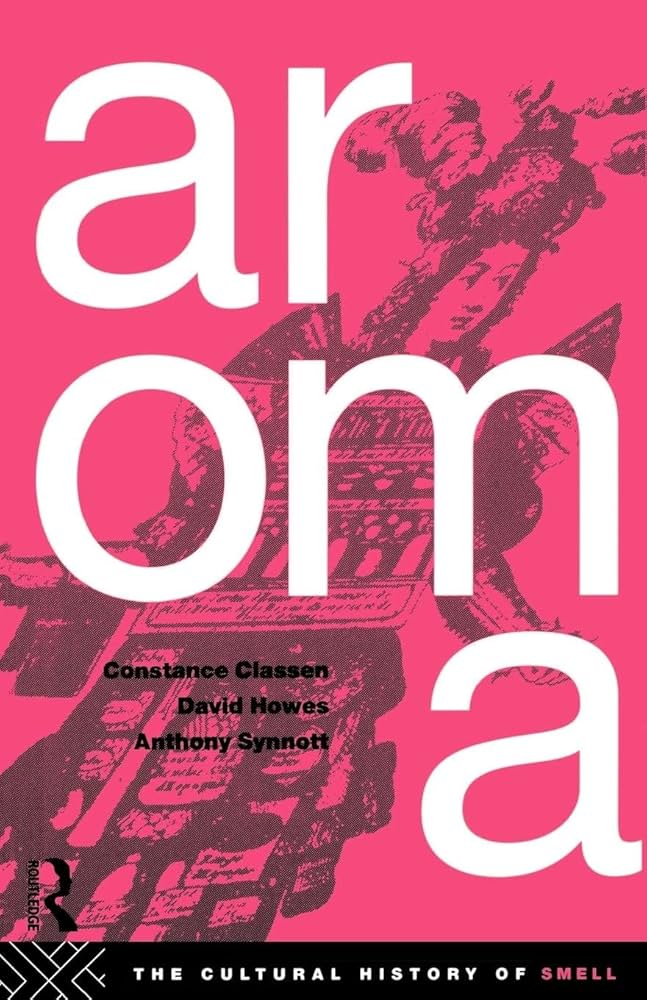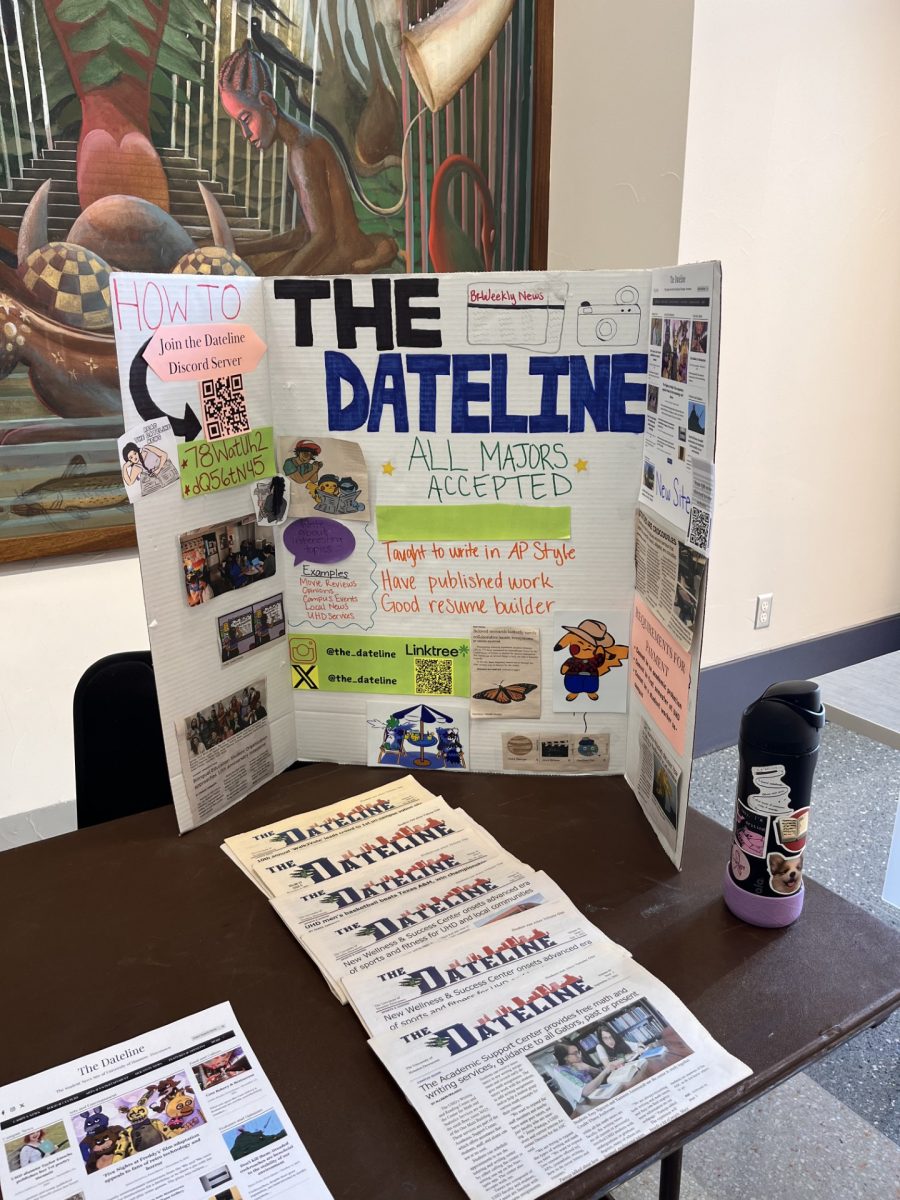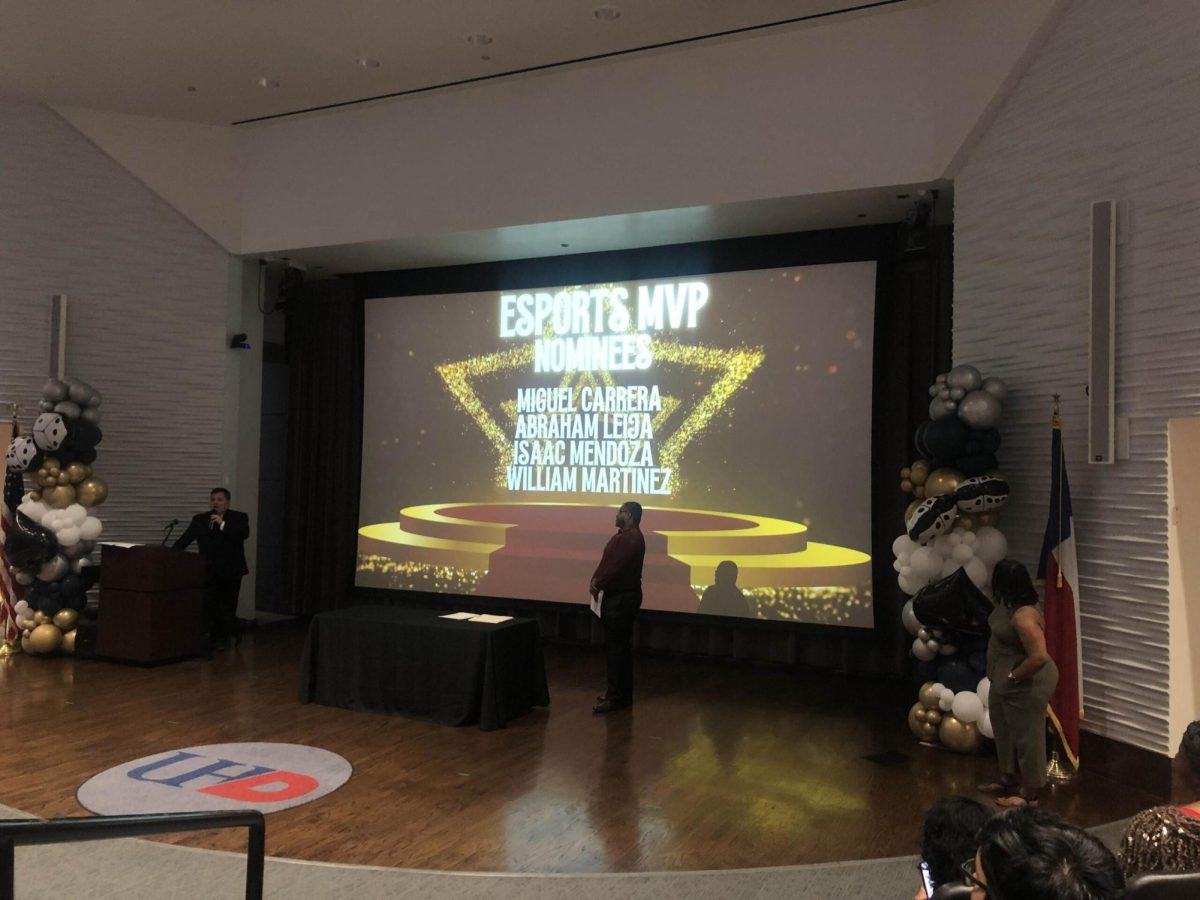In today’s dynamic educational landscape, adult learners are increasingly returning to college campuses nationwide. As these non-traditional students navigate the complexities of higher education, financial concerns often present significant barriers. However, a growing number of scholarships and grants specifically designed for adult students are helping to alleviate these challenges.
Defining the Adult Student
Adult or “non-traditional” students typically fall outside the conventional 18-to-22-year-old undergraduate demographic. These individuals may have previously started college without completing a degree, or they may be first-time college attendees. What distinguishes them is often their age (typically 24 or older), financial independence, and additional life responsibilities that traditional students may not face.
Federal Financial Aid Options
The foundation of financial aid for adult students begins with the Free Application for Federal Student Aid. This essential form provides access to federal student loans, grants and work-study opportunities.
Adult students benefit significantly from their classification as “independent students” on the FAFSA, which typically results in greater financial aid eligibility. To qualify as independent, students must meet at least one of several criteria, including being 24 or older, married, a veteran or current military member, or having legal dependents.
Financial aid experts emphasize the importance of submitting the FAFSA as early as possible. Certain programs, like work-study and the Federal Supplemental Educational Opportunity Grant, operate on a first-come, first-served basis.
Note: The current administration changes to federal programs have made the FASFA and other federal options for funding in question. Check the U.S. Department of Education website for updates. Adult Programs
Scholarships Tailored for Adult Learners
An online search and review of current scholarship opportunities reveals numerous programs specifically designed for adult students. These include:
- The American Association of University Women Re-Entry Women Scholarship, which supports female students returning to higher education
- The Dr. Wynetta A. Frazier “Sister to Sister” Scholarship for mature African American women whose education was interrupted by family responsibilities
Award amounts vary significantly, ranging from $1,000 to nearly $38,000, with application deadlines distributed throughout the calendar year.
Specialized Programs for Unique Circumstances
Beyond general adult student scholarships, specialized programs exist for varied demographics. These include scholarships for veterans and their families, single parents and individuals from specific ethnic backgrounds.
Employer-Sponsored Education
Many adult students maintain employment while pursuing higher education. Recognizing this reality, numerous employers offer tuition reimbursement programs for staff members, often covering education expenses for degrees relevant to their current positions.
These programs typically require maintaining a specified GPA and only provide reimbursement after successful course completion. Both full-time and part-time employees may qualify for such benefits, making them valuable resources for working adult students.
Finding and Applying for Opportunities
Finding appropriate scholarships requires diligent research. Online scholarship directories categorize opportunities by various criteria, including age, background and field of study. Additionally, college financial aid offices often maintain information about institution-specific scholarships for adult students.
When applying for scholarships, a careful review of eligibility requirements is essential. Some scholarships target specific demographics, income levels or educational goals. For instance, the Executive Women International Scholarship Program supports non-traditional adult female students pursuing various degree types.
The Growing Recognition of Adult Students
The proliferation of financial aid opportunities for adult students reflects growing recognition of their unique challenges and contributions to higher education. As workforce demands evolve and career changes become increasingly common, financial support for adult education represents a critical investment in both individual futures and broader economic development.
For adult students contemplating higher education, the message is clear: numerous financial aid options exist, and with proper research and timely applications, the dream of a college degree can become financially attainable regardless of age.

